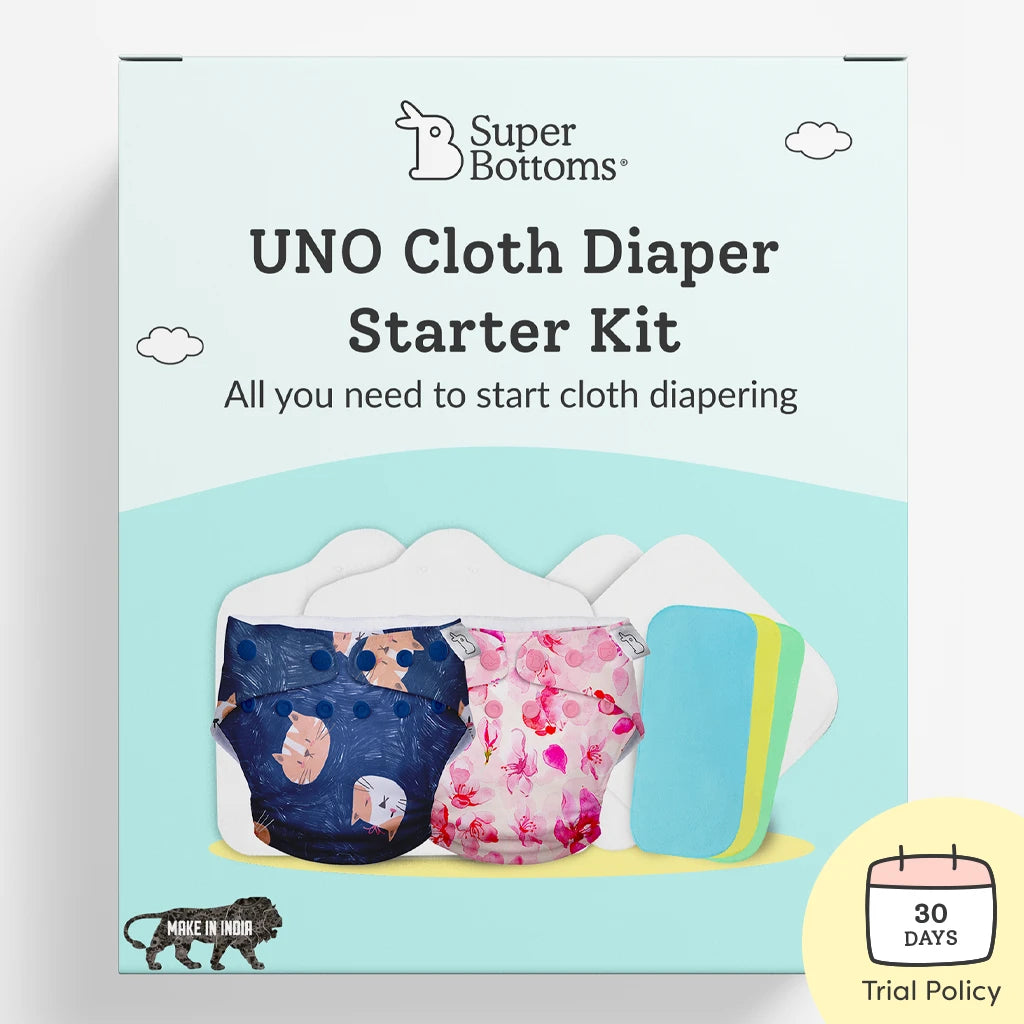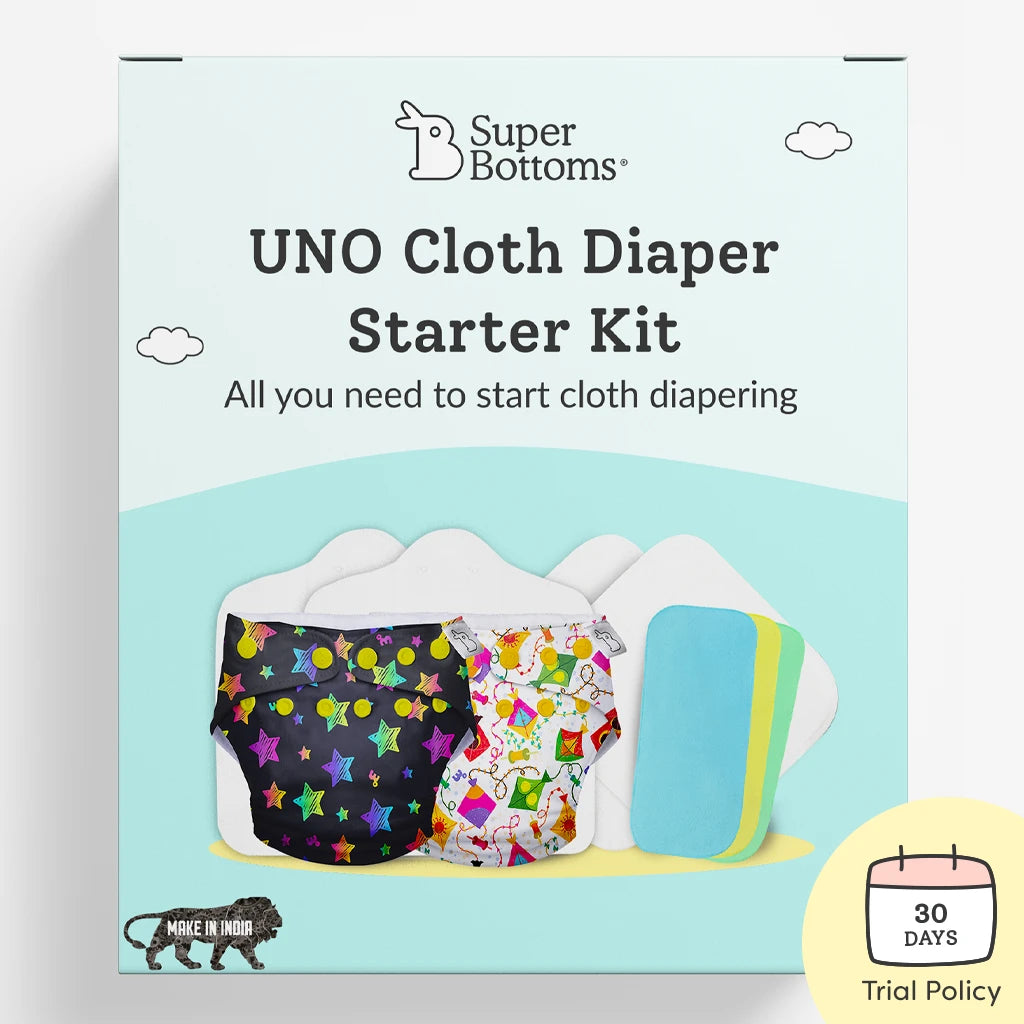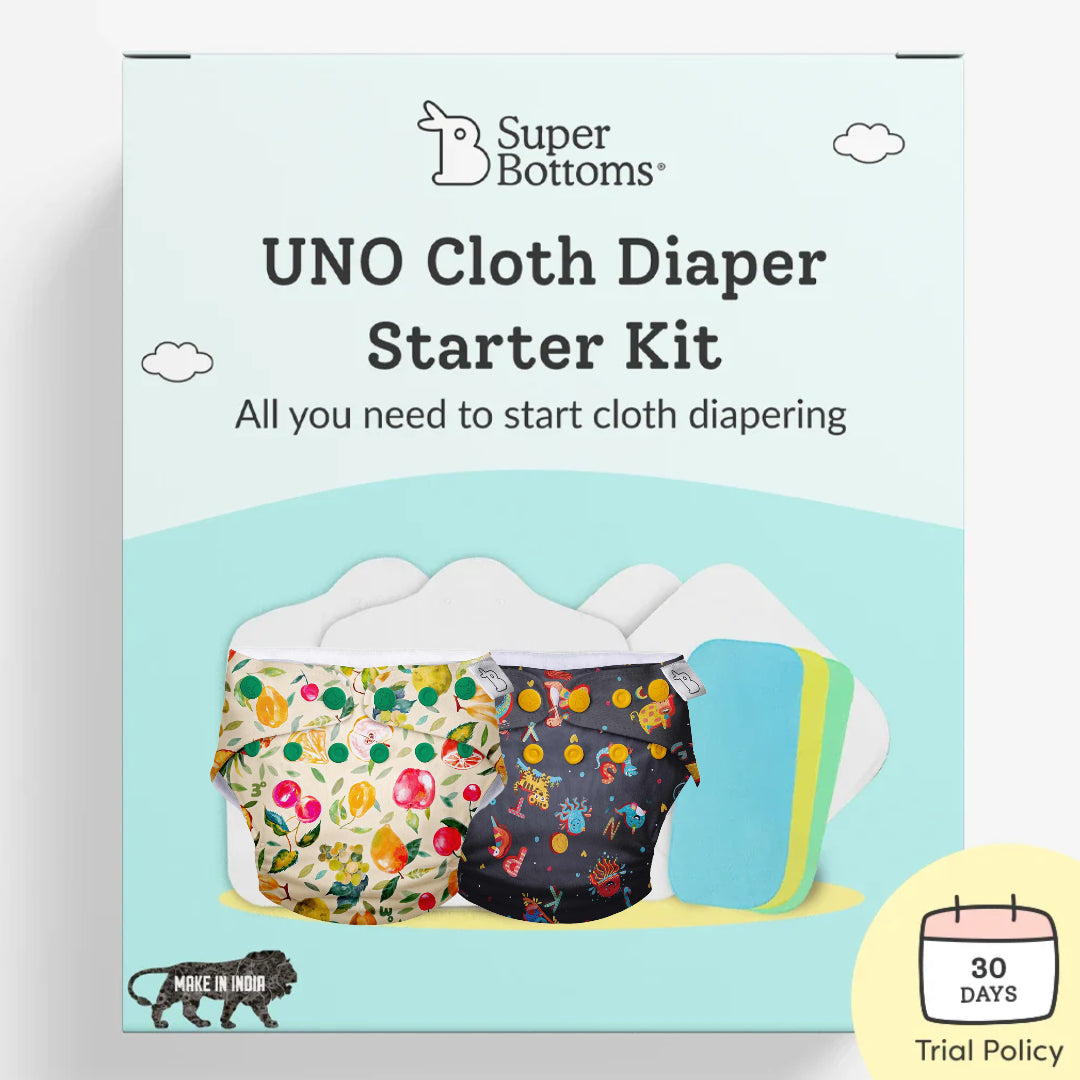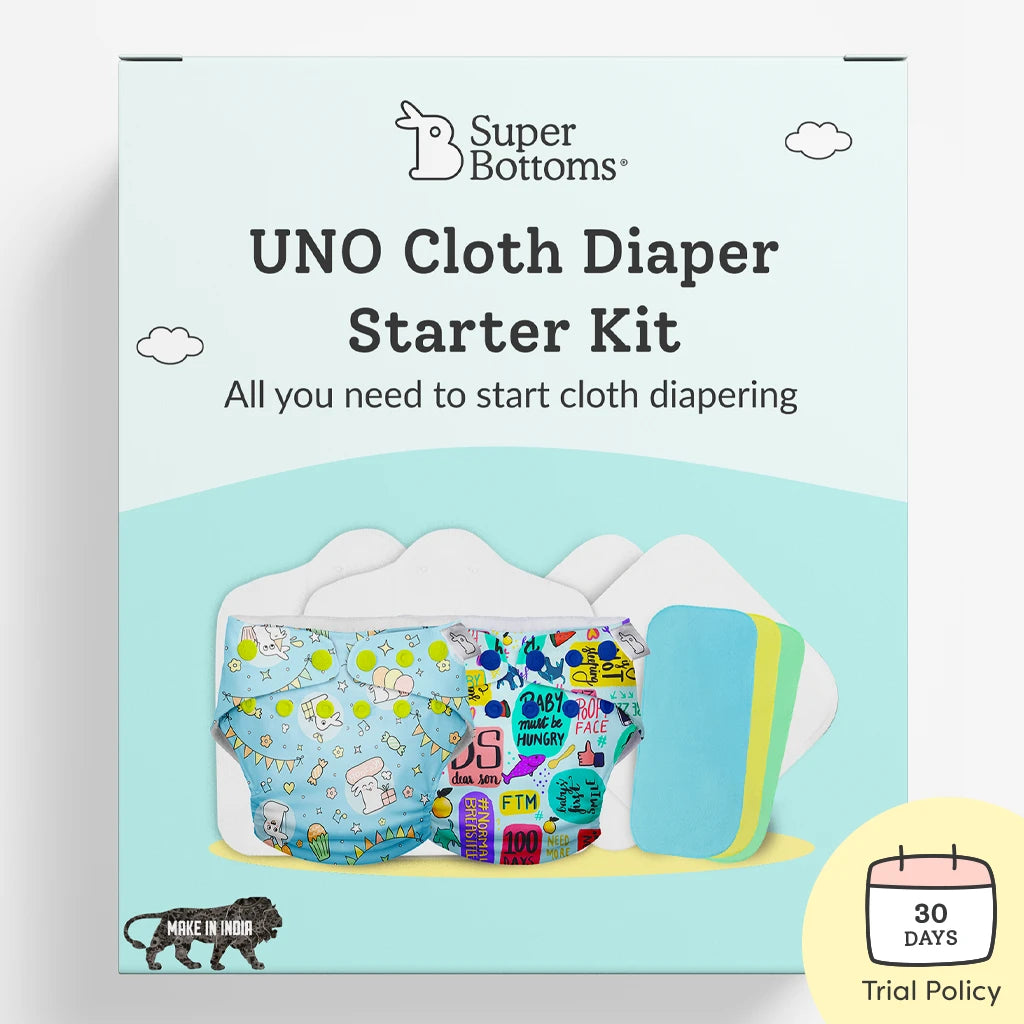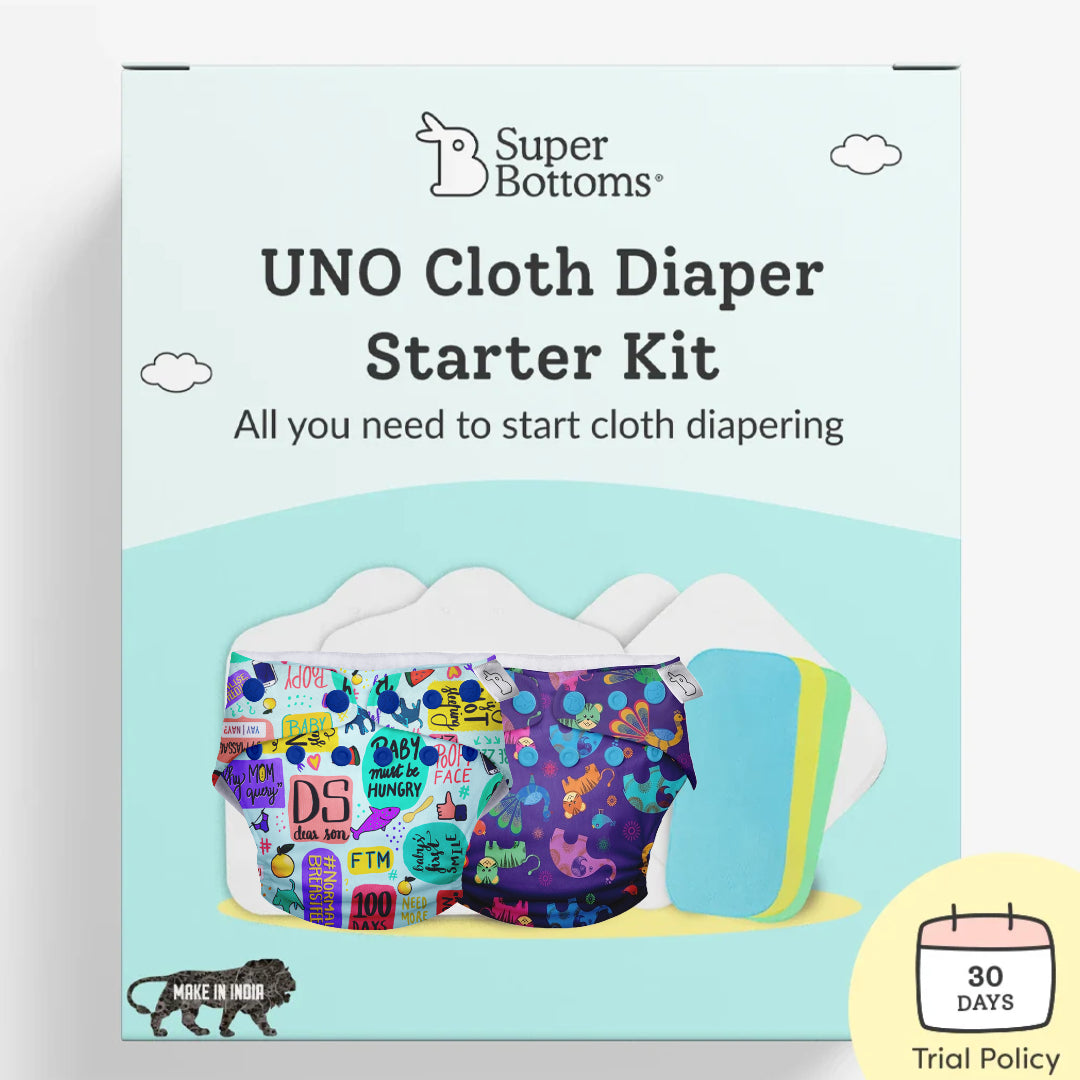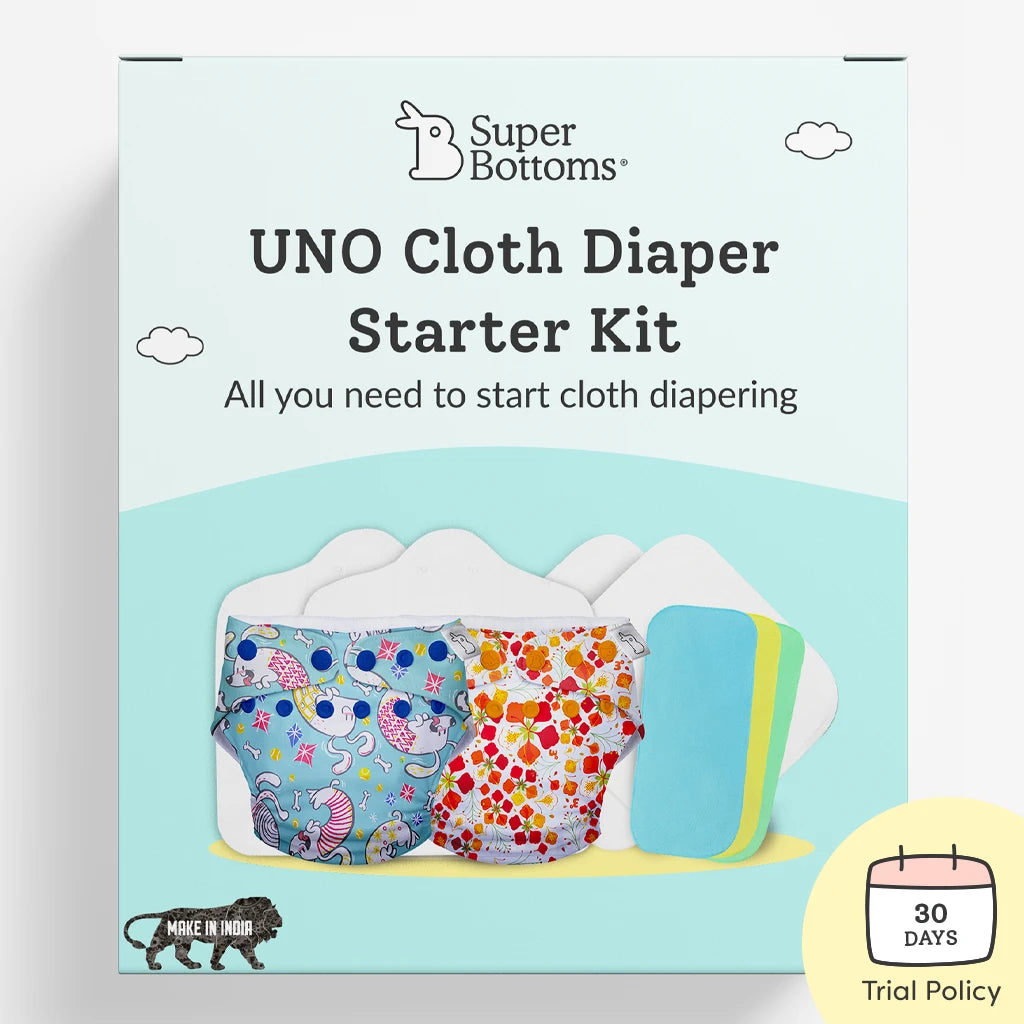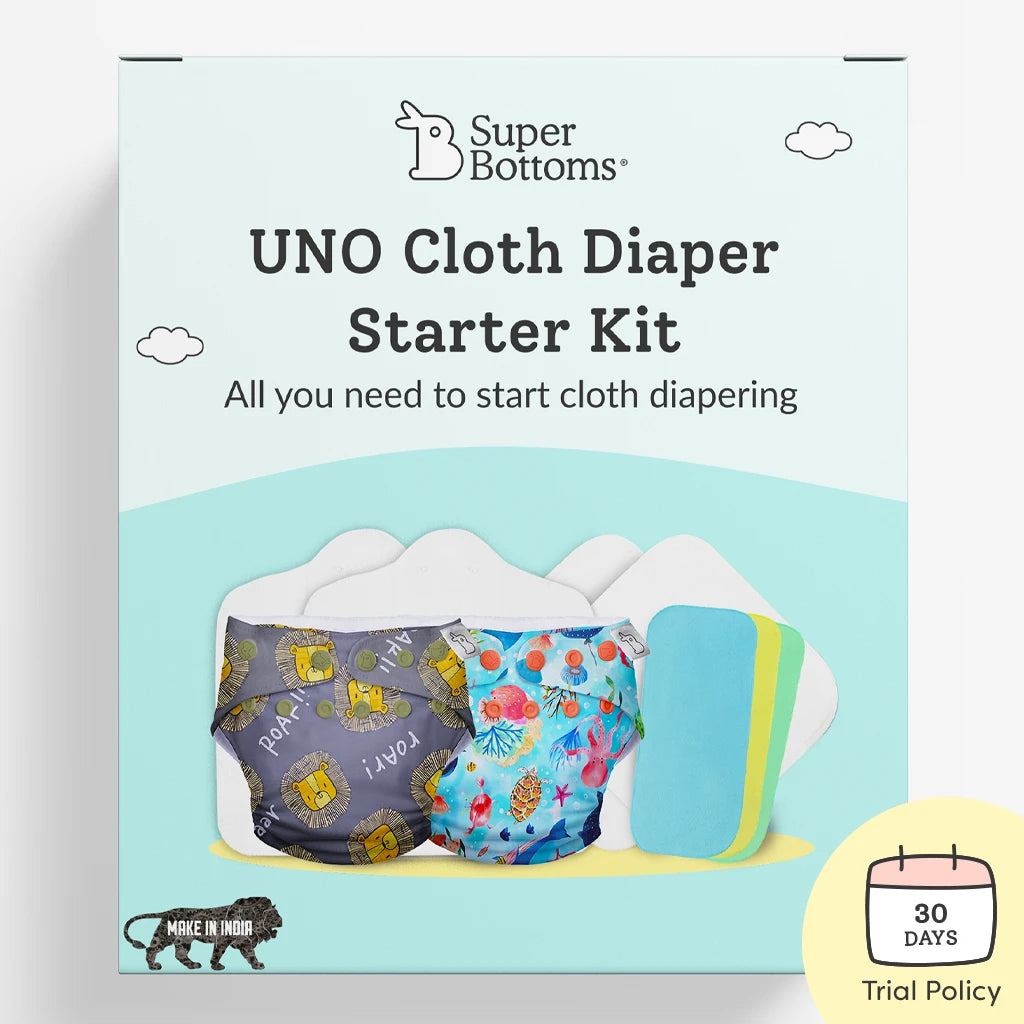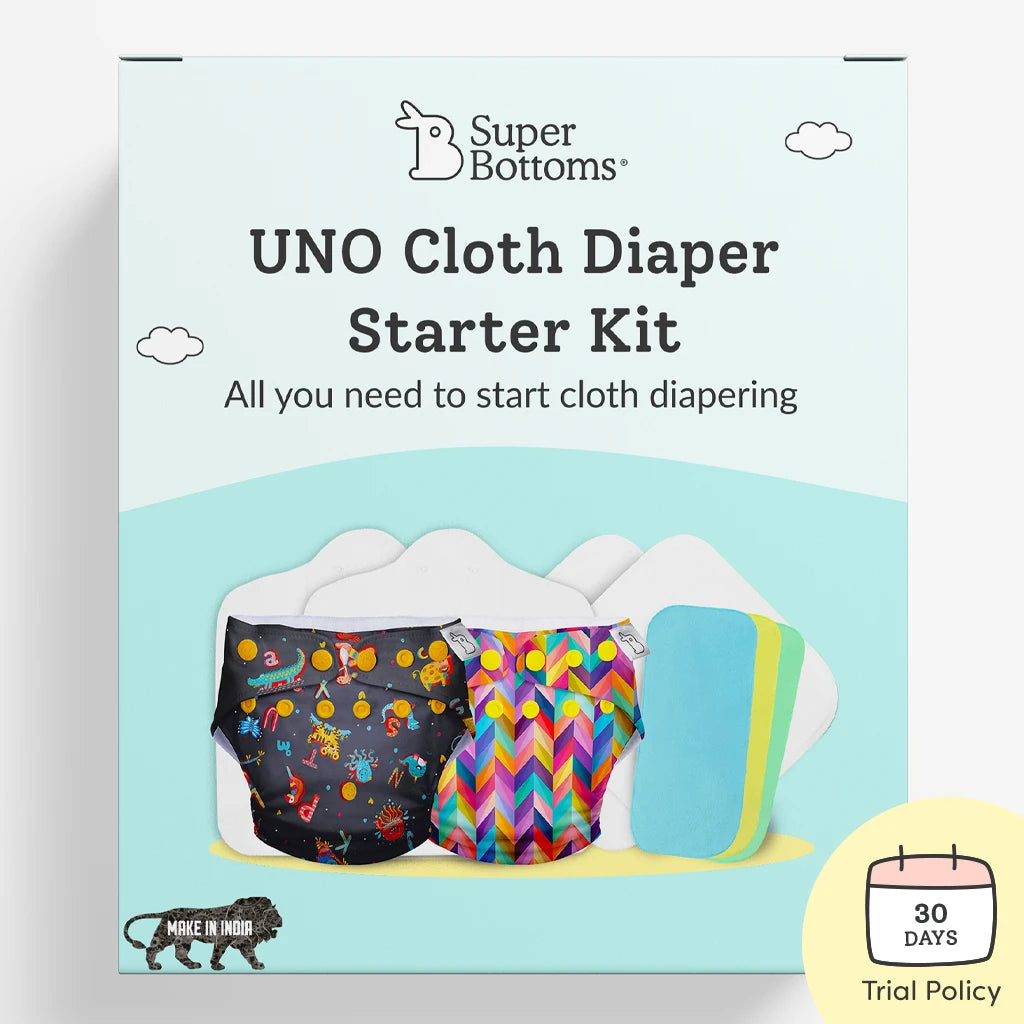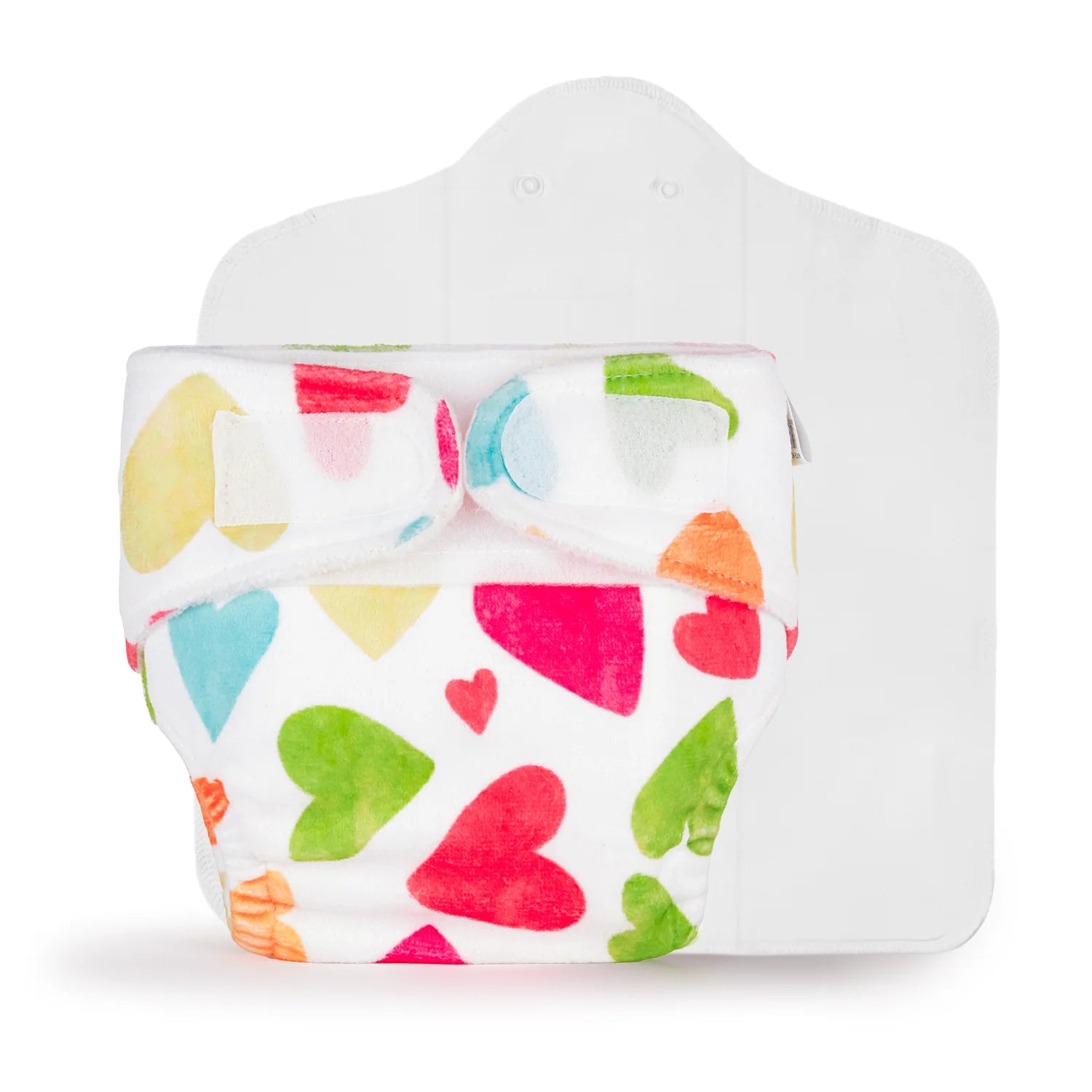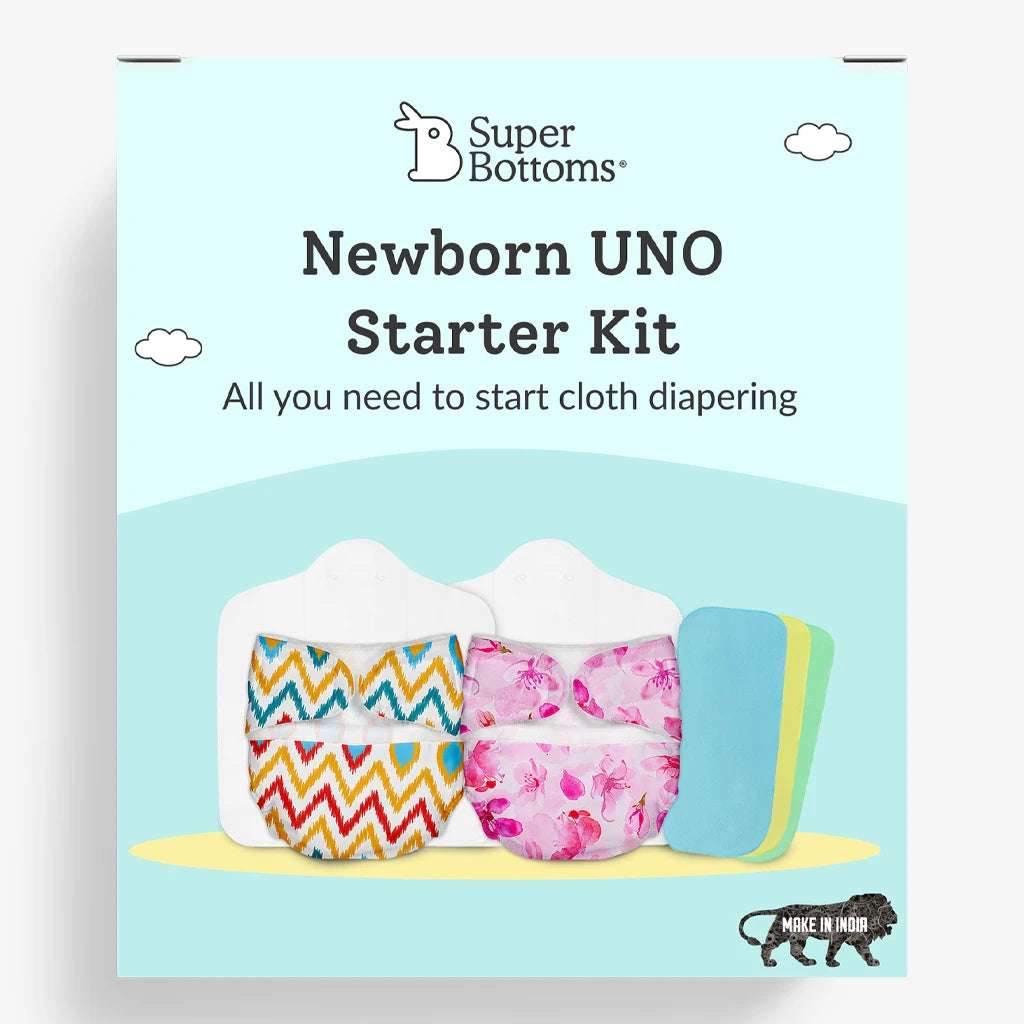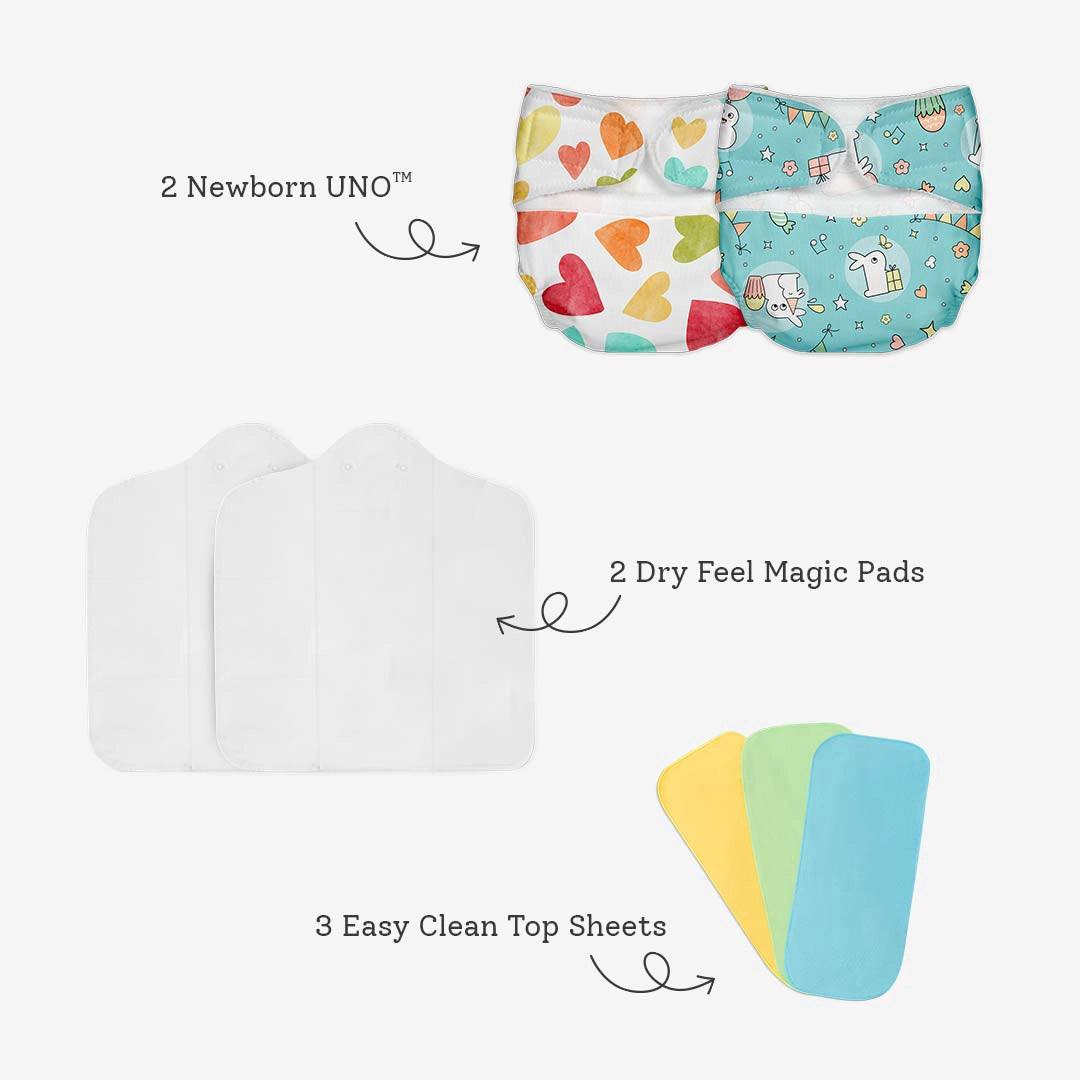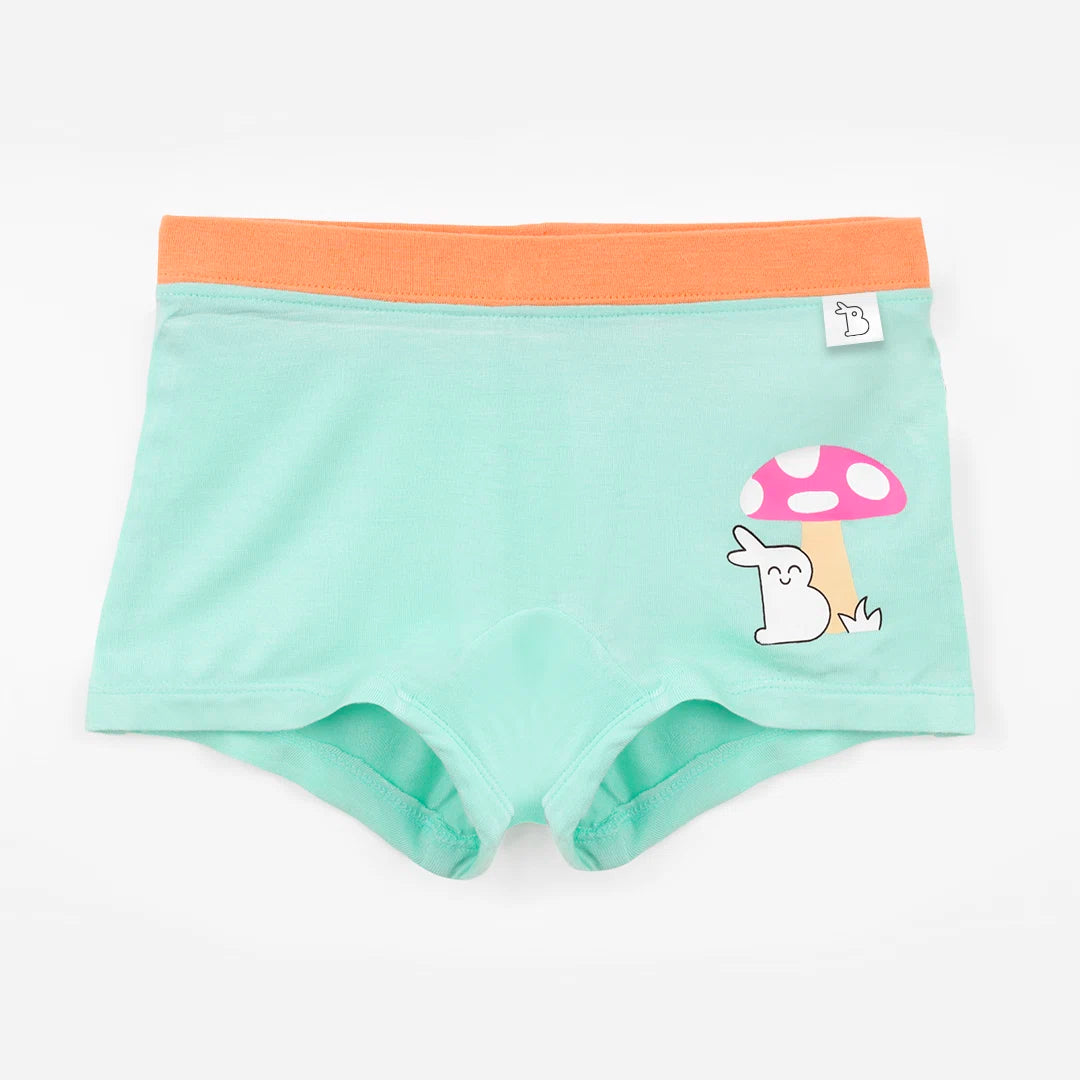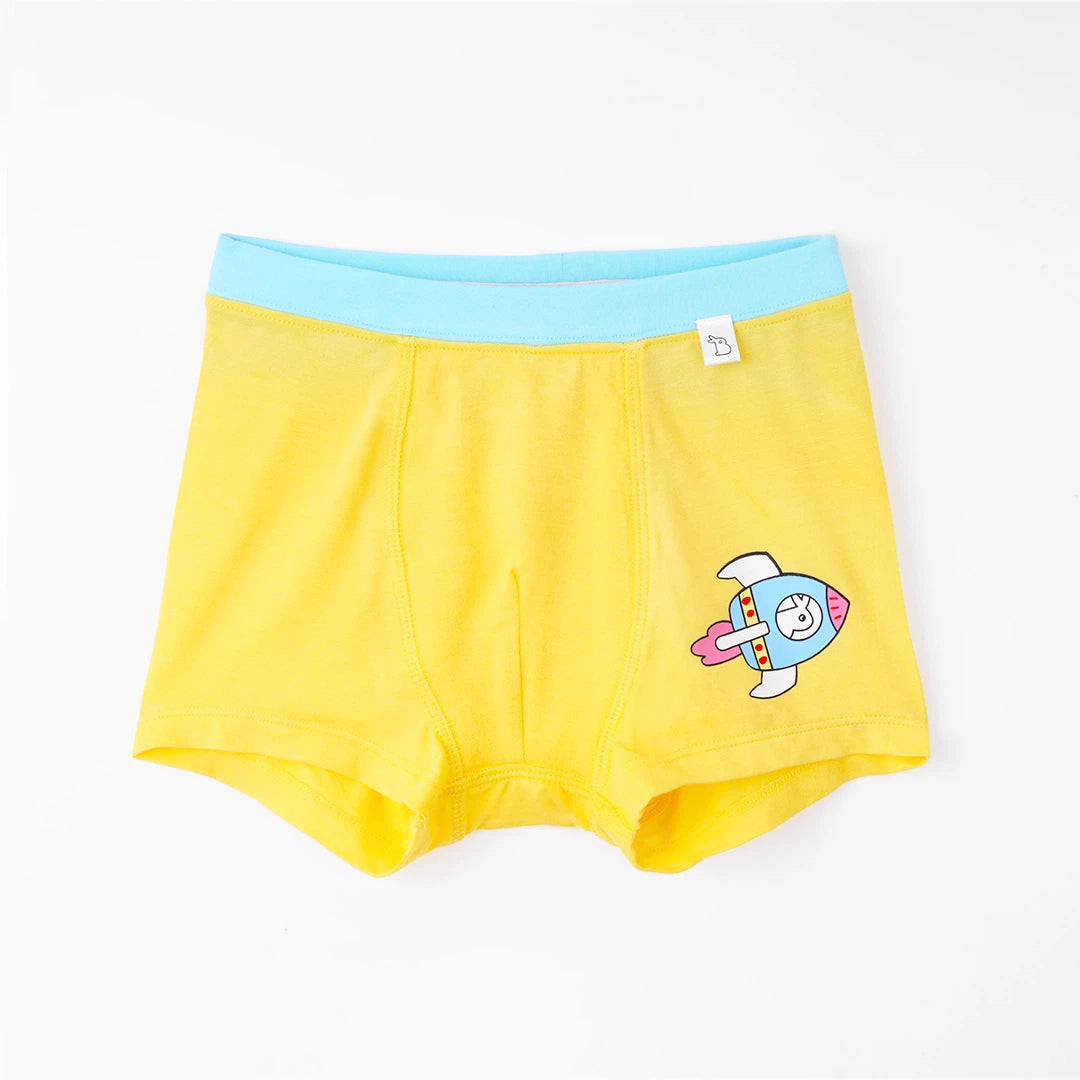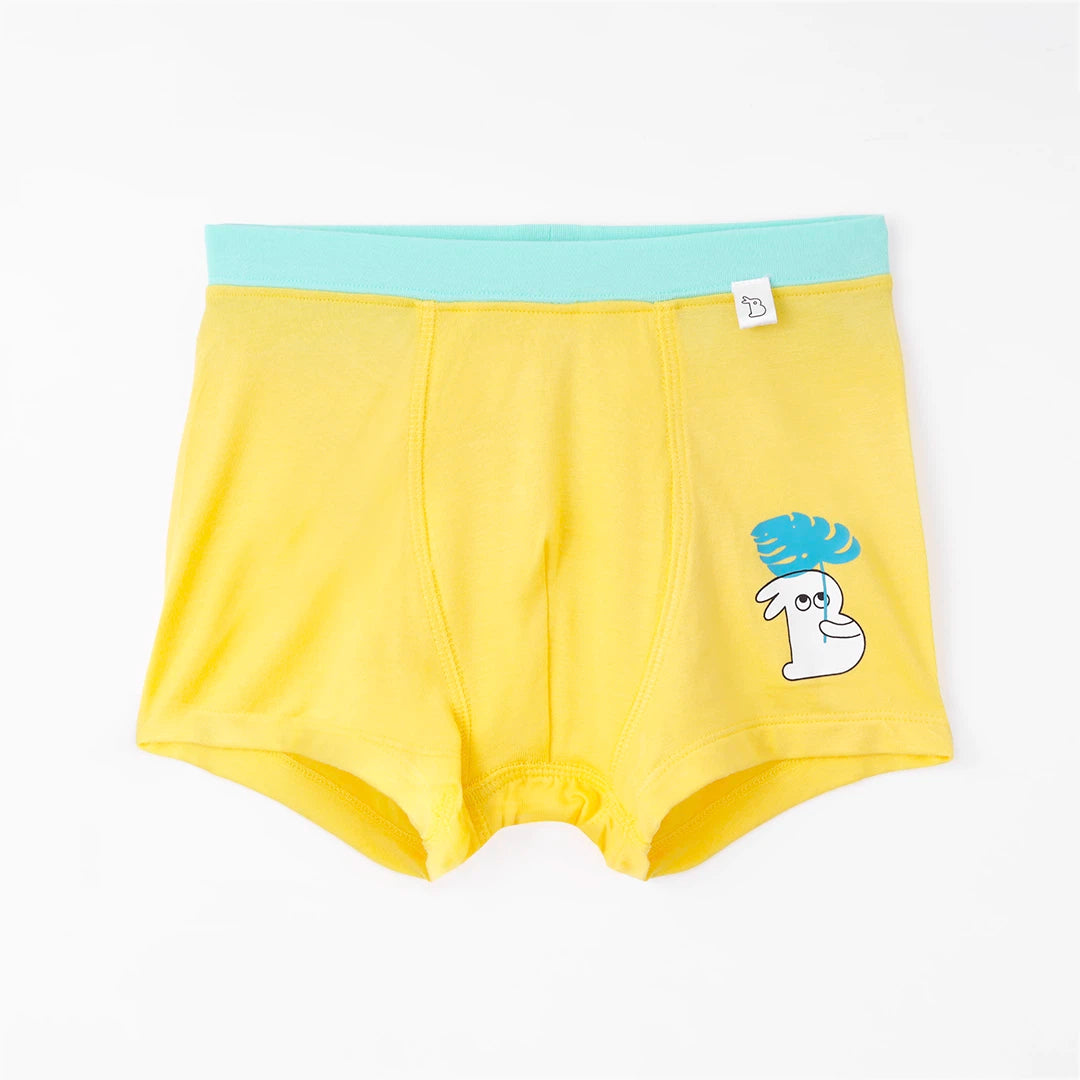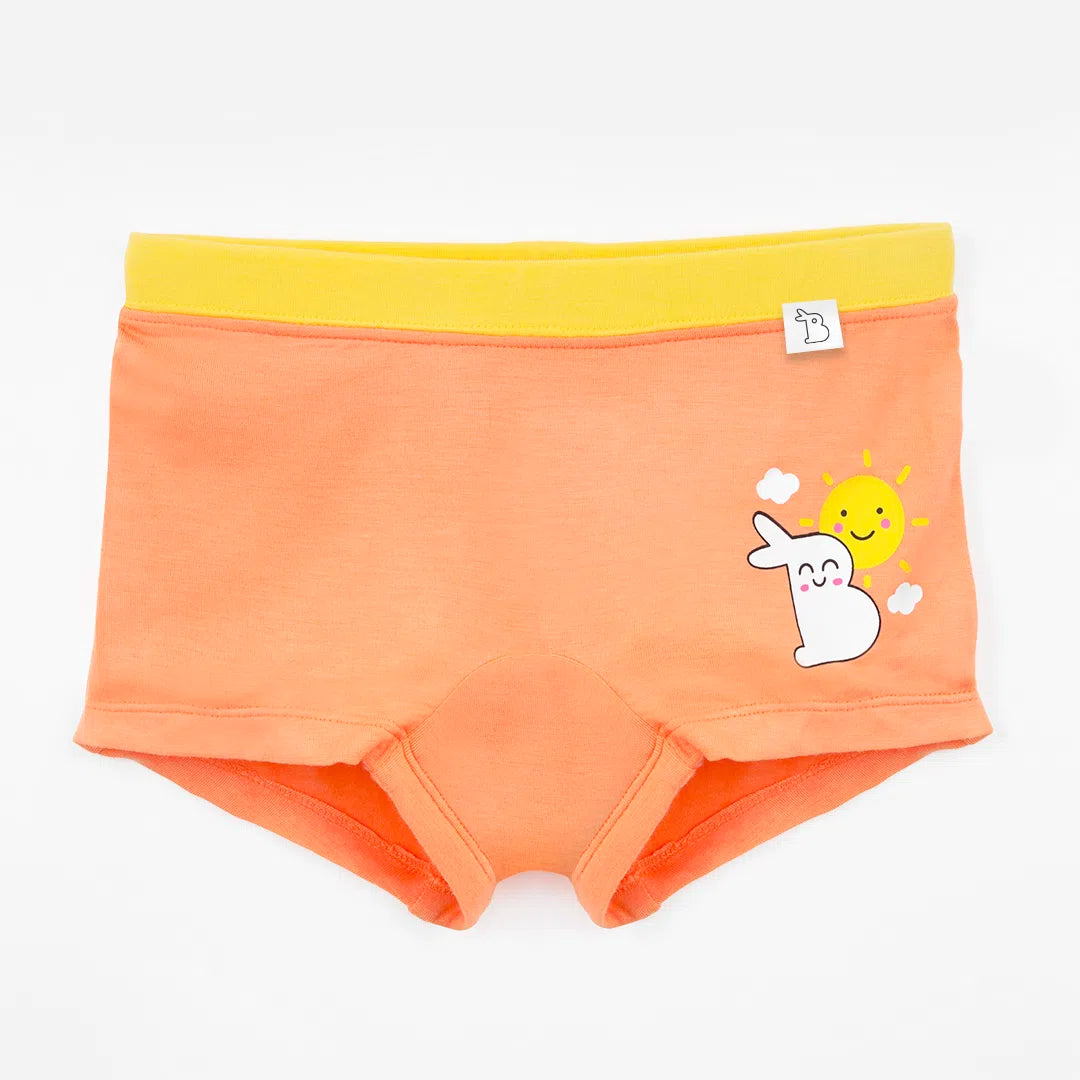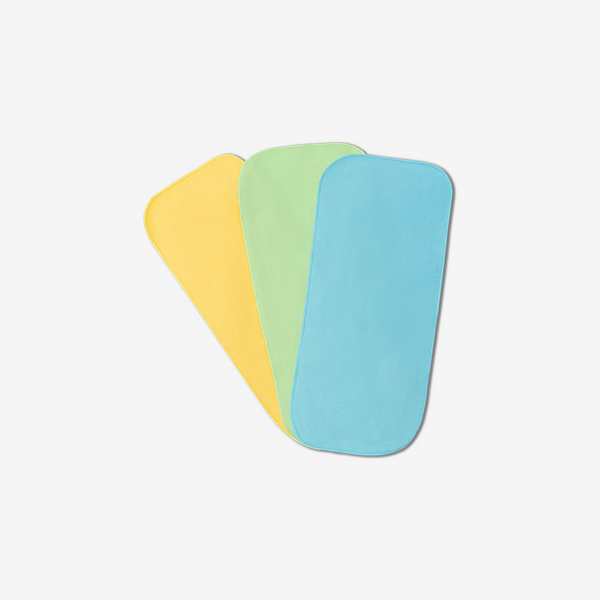Toddler tantrums can test any parent’s patience, especially during the “terrible twos.” Understanding why they happen and how to manage toddler tantrums with calmness and empathy is key. This article explains how to control a toddler's temper tantrum, when to worry, and how gentle parenting can make all the difference.
- What Causes Toddler Tantrums?
- When Should You Worry About Toddler Tantrums?
- How to Control a Toddler Temper Tantrum?
- What Gentle Parenting Techniques Help in Managing Toddler Tantrums?
- How Can Parents Stay Calm During Stubborn Toddler Tantrums?
- When to Seek Help for Managing Toddler Tantrums?
- Key Takeaways
- FAQs
-
Message from SuperBottoms
What Causes Toddler Tantrums?
Toddler tantrums are a normal part of development — an expression of frustration, anger, or unmet needs. At this age, children are learning to assert independence but often lack the words to express themselves. Understanding what sparks these outbursts is the first step in learning how to manage toddler tantrums.
Common Reasons Behind Toddler Tantrums:
- Frustration: When toddlers cannot communicate what they want, they often act out.
- Fatigue: Lack of sleep makes toddlers irritable and quick to melt down.
- Hunger: Low energy levels or delayed meals can easily trigger crying or shouting.
- Overstimulation: Crowded, noisy, or brightly lit environments can overwhelm little ones.
- Changes in routine: Even minor disruptions in nap or meal schedules can cause emotional distress.
If your child throws a fit after being told “no,” remember it’s often not defiance but emotion they don’t yet know how to handle.
When Should You Worry About Toddler Tantrums?
Not all tantrums are the same. While occasional meltdowns are part of normal growth, toddler tantrums when to worry becomes a valid question when:
- The tantrums last more than 15–20 minutes.
- Your child frequently hurts themselves or others.
- Outbursts happen daily and disrupt family life.
- There is a slight improvement with consistent parenting strategies.
In such cases, consulting a paediatrician or child psychologist can help identify emotional or developmental factors contributing to stubborn toddler tantrums.
How to Control a Toddler Temper Tantrum?
When faced with an emotional explosion, many parents wonder how to control a toddler temper tantrum without losing their own calm. Here’s what works best:
1. Stay Calm and Collected:
Avoid shouting or reacting emotionally. Speak in a soft, steady tone. This helps model emotional regulation for your child.
2. Acknowledge Their Feelings:
Try saying, “I know you’re upset because you wanted that toy.” Recognition makes them feel understood and reduces the intensity of their feelings.
3. Distract and Redirect:
Offer a different toy, activity, or move to another room. A change in environment often resets their emotional state.
4. Set Clear Limits:
Calmly explain boundaries: “You can be upset, but hitting is not okay.” Consistency helps toddlers learn acceptable ways to express frustration.
5. Use Positive Reinforcement:
Praise calm behaviour. For example, “I love how you used your words instead of crying.” This reinforces emotional self-control.
6. Create a Calm Space:
A small, safe “quiet corner” with soft toys, such as a SuperBottoms Mustard Seed Pillow or their favourite blanket, can comfort them during meltdowns.
|
Limited Time Offers + Special Gift Sets! Now or never Super SALE is live on the SuperBottoms website! Take advantage of unbeatable value deals on our UNO Cloth Diapers, Baby Essentials, and more. Looking for the perfect present for a newborn or a toddler? Explore our thoughtfully curated Gift Sets & Combos — safe, skin-friendly, and oh-so-cute! A bundle of love for little ones and a delight for parents. HURRY — Deals and Gift Packs are live only till stocks last. Don’t miss the chance to stock up & share the joy! |
What Gentle Parenting Techniques Help in Managing Toddler Tantrums?
A gentle parenting approach to toddler tantrums focuses on empathy, communication, and connection rather than punishment. It helps build trust while teaching emotional control.
Gentle Parenting Tips:
-
Empathise Before Correcting:
“I see you’re really angry right now. Let’s take a deep breath together.” -
Model Calm Behaviour:
Your reaction teaches them how to respond in stressful situations. -
Offer Limited Choices:
Instead of commanding, try “Do you want to wear the red shirt or the blue one?” This reduces defiance by giving a sense of control. -
Maintain Routine:
Predictability helps toddlers feel secure and less likely to react emotionally.
When practising gentle parenting, small tools like SuperBottoms DryFeel Langots or UNO Cloth Diapers can make daily routines smoother — ensuring comfort and fewer discomfort-triggered tantrums.
How Can Parents Stay Calm During Stubborn Toddler Tantrums?
Managing stubborn toddler tantrums can be emotionally draining. Here’s how parents can maintain composure:
- Pause and Breathe: Before reacting, take a deep breath to collect yourself.
- Walk Away Briefly (if safe): Give both of you space to cool off.
- Practice Self-Care: Sleep, nutritious meals, and occasional “me-time” are essential.
-
Seek Emotional Support: Talk to other parents or join support groups. Sharing experiences can normalise your feelings and offer practical solutions.
Remember, tantrums are temporary — your calmness helps your child learn to be calm, too.
When to Seek Help for Managing Toddler Tantrums?
Sometimes, handling toddler tantrums may need professional guidance. If tantrums involve aggression, occur daily, or affect family harmony, consult a paediatrician or a child therapist. They can evaluate emotional development and suggest behaviour strategies or play therapy if necessary.
There’s no shame in asking for help — it shows your commitment to your child’s well-being.
Toddler tantrums are a normal, albeit challenging, phase of childhood. Understanding why they happen and responding calmly teaches your child emotional resilience. Whether it’s through redirection, positive reinforcement, or gentle parenting, consistency and love are your greatest tools for managing toddler tantrums.
Remember, every tantrum is a learning opportunity, not just for your child but for you as a parent, too.
Key Takeaways
- Toddler tantrums are normal: Most result from frustration, fatigue, or overstimulation.
- Stay calm and consistent: Gentle parenting techniques work best to control temper tantrums.
-
Seek support if needed: If tantrums seem excessive or harmful, professional help can guide you.
Frequently Asked Questions (FAQs)
Q1. What are the best ways to handle toddler tantrums at home?
Stay calm, acknowledge their emotions, set boundaries, and use distraction or positive reinforcement. Consistency is key to long-term improvement.
Q2. How can I stop toddler tantrums in public places?
Keep calm, move your child to a quieter space, and use redirection. Avoid embarrassment-driven reactions — stay focused on your child’s comfort.
Q3. How do I know if my child’s tantrums are normal or a sign of concern?
Occasional tantrums are typical. But if they’re violent, frequent, or last too long, consult a paediatrician or child psychologist.
Q4. Can gentle parenting really help with stubborn toddler tantrums?
Yes, gentle parenting builds emotional security and trust. It reduces power struggles and teaches empathy-driven behaviour control.
Q5. Do physical discomforts like diapers trigger tantrums?
Absolutely. Wet or uncomfortable diapers can irritate toddlers. Using soft, rash-free options like SuperBottoms UNO Cloth Diapers or DryFeel Langots ensures comfort and fewer meltdown triggers.
Message from SuperBottoms
Hi there, new parents! SuperBottoms brings you doctor-recommended cloth diapers — the best rash-free diapering solution for your baby’s sensitive and delicate skin. Unlike disposable diapers loaded with chemicals, our newborn cloth diapers, when used and washed properly, can help eliminate the risk of diaper rashes. SuperBottoms offers a wide range of safe, skin-friendly essentials for the whole family — including Reusable Cloth Diapers, Diaper Pants, DryFeel langots for diaper-free time, Padded Underwear for potty training, SuperSoft Underwear for everyday comfort, Joggers for playful days, and Period Underwear for women. Not just for everyday use, SuperBottoms products also make the best gifting choice for babies — thoughtful, eco-friendly, practical, and loved by parents. Now available on Amazon, Myntra, Flipkart, FirstCry, Zepto, Swiggy and Blinkit.
Reference Link
1. Temper Tantrums: What They Are, How To Handle & Possibly Prevent Them








